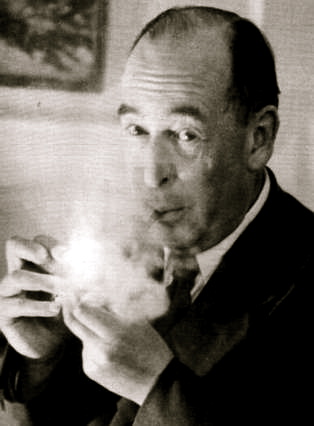 I came across this quote by C.S. Lewis in another book I’m reading. He is dealing with the essential nature of ritual and ceremony, highlighting the fact that many aspects of life—holidays for example—are marked off from the ordinary by means of special meals, special traditions, and special ceremonies. On “the language of a liturgy” Lewis writes:
I came across this quote by C.S. Lewis in another book I’m reading. He is dealing with the essential nature of ritual and ceremony, highlighting the fact that many aspects of life—holidays for example—are marked off from the ordinary by means of special meals, special traditions, and special ceremonies. On “the language of a liturgy” Lewis writes:Regular churchgoers are not surprised by the service--indeed, they know a good deal of it by rote; but it is a language apart…. [Liturgy] is a pattern imposed on the mere flux of our feelings by reason and will, which renders pleasures less fugitive and griefs more endurable, which hands over to the power of wise custom the task (to which the individual and his moods are so inadequate) of being festive or sober, gay or reverent, when we choose to be, and not at the bidding of chance.
When the church pursues what Scott Clark calls the QIRE, or, the quest for illegitimate religious experience, it places the believer in the impossible position of needing to achieve some level of spiritual feeling in order for his worship to pass as genuine and worth the hassle, all the while having no way of determining what that degree of experience is or measuring it once it has occurred.
But when we realize that we are inherently liturgical creatures (this, after all, is what separates our experience of birth, sex, and death from that of animals), then we will be free to embrace the structure of liturgy without being afraid that we will stifle the Spirit in the process. If the Spirit brought order to the original creation’s formlessness and void, is it not warranted that we understand him to bring order to the new creation as well?
But when we realize that we are inherently liturgical creatures (this, after all, is what separates our experience of birth, sex, and death from that of animals), then we will be free to embrace the structure of liturgy without being afraid that we will stifle the Spirit in the process. If the Spirit brought order to the original creation’s formlessness and void, is it not warranted that we understand him to bring order to the new creation as well?





|